2024 is Africa's "super election year" with 18 countries planning to hold general elections, marking the progress of democracy and major political changes in many countries on the continent.
"New wind" in political structure
In 2024, 18 countries plan to hold general elections, accounting for more than one-third of the total number of African countries, with a population of nearly 500 million people, covering all sub-regions: Southern Africa (5 countries), North Africa (2 countries), West Africa (7 countries), East Africa (3 countries) and Central Africa (1 country).
The composition of the countries holding elections is diverse, including strong regional economic actors such as South Africa and Algeria, as well as relatively underdeveloped countries such as South Sudan and Burkina Faso; English- and French-speaking African countries...
According to the final election results, except for 5 countries that postponed the election, 13 countries held elections smoothly. Among them, 7 countries had incumbent leaders re-elected, 6 countries elected new leaders, and 4 countries had opposition candidates come to power.
The 2024 elections in Africa are seen as a historic step forward in promoting political transparency and competition. After the elections, many young, innovative leaders came to power, representing a new generation with a policy orientation that emphasizes national interests, sovereignty , and independence from foreign influence.
It can be said that in 2024, Africa will witness many significant changes in its political structure, reflecting the maturity and adjustability of the regional political system.
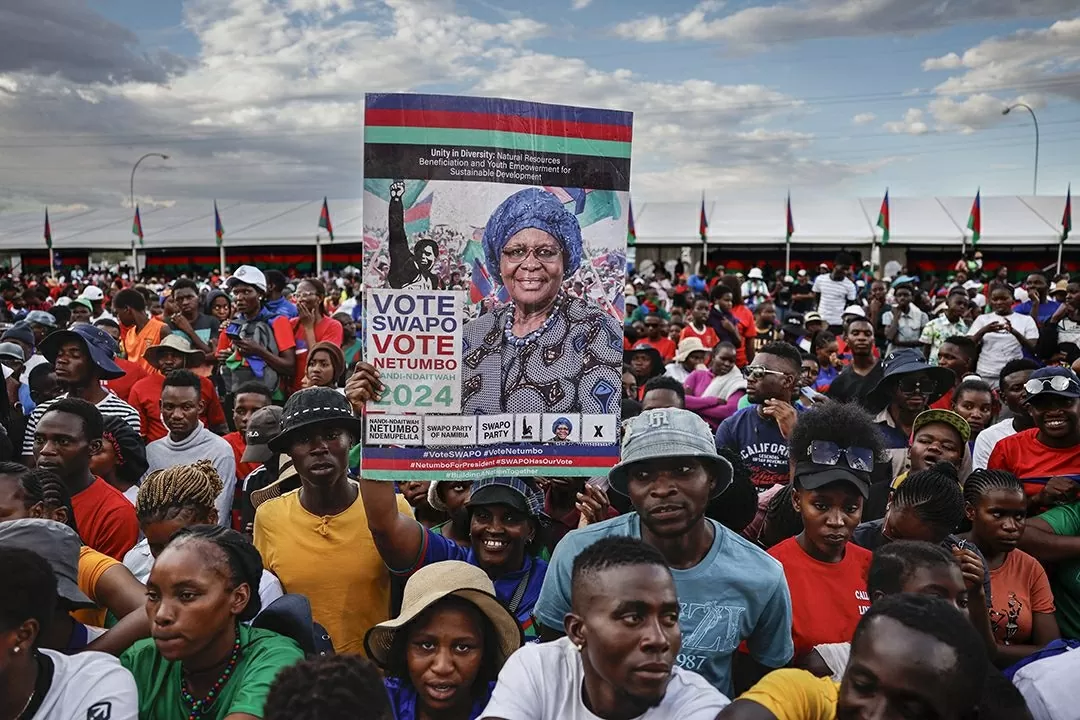 |
| The democratization process, the emergence of many new leaders, and increased competition in politics have strengthened the confidence of people in African countries. (Source: Pan Africa Review) |
In many key countries, long-standing ruling parties are facing a major challenge for the first time as they hand over power to opposition parties. In South Africa, the African National Congress (ANC), which has dominated politics for three decades, has lost absolute control of Parliament after a fiercely contested election.
Similarly, in Botswana, the Botswana Democratic Party, which had been the ruling party since independence in 1966, lost power to an opposition coalition. These events marked a historic turning point, opening the door for other parties to become more involved in policymaking.
In many other countries, political structures are also becoming more flexible and better reflecting the needs of the people. This "new wind" is reflected in the gradually enhanced role of opposition parties, evidenced by historic victories in Ghana, Botswana, Mozambique; the change of power is reflected in the formation of new political alliances. In Mauritius and Ghana, the process of transferring power has been peaceful and transparent, strengthening people's confidence in the democratic electoral system.
At the regional level, power structures are also being dramatically reshaped. The announcement by Mali, Burkina Faso and Niger of the creation of a “Federation of Sahel States” marks a new effort to deepen political, economic and military integration amid disagreements with the West African Economic Community (ECOWAS). Despite some difficulties, this move demonstrates the countries’ determination to shape the future of the region in a more autonomous direction.
Overall, the changes in Africa’s political structure in 2024 reflect a profound transformation of the region. Democratization, the emergence of new leaders, and increased political competition have strengthened people’s confidence in institutions and reform processes. This is an important foundation for Africa to face challenges and move towards sustainable development in the future.
Increased security commitments
In 2024, regional and international organizations will continue to play a key role in supporting Africa in addressing complex security issues. These efforts will include peacekeeping missions, counter-terrorism support, and promoting reconciliation initiatives in regional hotspots.
In addition, the support of regional organizations such as the Southern African Development Community (SADC) and the East African Community (EAC) also contributes to "reassurance" of the continent. In Eastern Congo, the participation of the SADC Peacekeeping Force helps to strengthen the ability to deal with armed groups such as the M23 Movement. It can be said that this is an inheritance from previous efforts by the East African Community (EAC) army, with the desire to create a cooperative front between regional countries to prevent escalating violence.
The African Union Support and Stabilization Mission in Somalia (AUSSOM) is also helping to strengthen the counter-terrorism capacity of the Somali federal government. The United Nations, the European Union, Egypt and Kenya have pledged financial, human and material resources to support AUSSOM. These efforts not only help train security forces but also contribute to building the infrastructure needed to ensure long-term security.
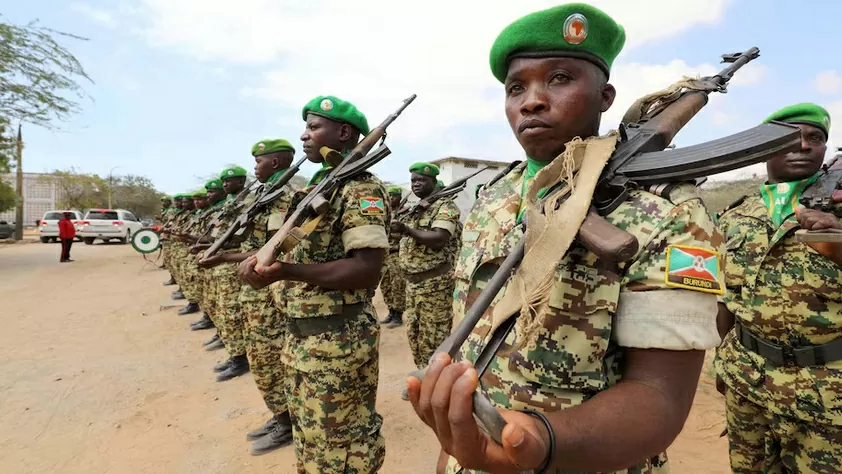 |
| The African Union Support and Stabilization Mission in Somalia (AUSSOM) is supporting the Somali federal government to strengthen its counter-terrorism capacity. (Source: Somalia Guardian) |
Notably, international mediation efforts have also made progress in reducing regional tensions. For example, under the mediation of Türkiye, Ethiopia and Somalia signed an agreement to put aside their differences to promote regional cooperation. Similarly, Angola played a mediating role in restarting peace talks between the Democratic Republic of Congo and Rwanda, although the outcome remains unclear.
In addition, the African economy will also "witness" many bright spots in 2024. According to the report "The World Economic Situation and Prospects (WESP), African economic growth in 2024 is estimated to reach 3.4%. The main growth driver comes from the recovery of three major economies in the region: Egypt, Nigeria and South Africa.
In terms of sub-regional growth structure, East Africa has achieved a faster growth rate than other sub-regions. This is due to Ethiopia, Kenya, Rwanda, Uganda, and Tanzania maintaining relatively high GDP growth, sustainable domestic demand, and strong recovery of international tourism.
Growth in Central Africa is lower than in other subregions due to stagnant crude oil production in Chad, Equatorial Guinea, Gabon; while the Central African Republic is recovering more slowly.
The changes in the political structure of Africa in 2024 not only reflect a strong trend of democratization but also open up opportunities to reshape power in the region. The emergence of new leaders, the rise of opposition parties, and efforts to strengthen regional cooperation are creating a "new wind" in the continent's political arena. Although still facing many challenges, these steps are an important foundation for Africa to move towards a more stable, developed and autonomous future.
(To be continued)
Source: https://baoquocte.vn/chau-phi-tren-hanh-trinh-tu-chu-va-doi-moi-ky-i-viet-lai-trat-tu-quyen-luc-307853.html


![[Photo] National Assembly Chairman Tran Thanh Man holds talks with Speaker of the Malaysian House of Representatives](https://vphoto.vietnam.vn/thumb/1200x675/vietnam/resource/IMAGE/2025/9/19/5cb954e3276c4c1587968acb4999262e)
![[Photo] Prime Minister Pham Minh Chinh chairs the sixth meeting of the Red River Delta Coordination Council](https://vphoto.vietnam.vn/thumb/1200x675/vietnam/resource/IMAGE/2025/9/20/310e73a867174433b2c489ec309c9063)
![[Photo] Spreading Vietnamese culture to Russian children](https://vphoto.vietnam.vn/thumb/1200x675/vietnam/resource/IMAGE/2025/9/19/0c3a3a23fc544b9c9b67f4e243f1e165)
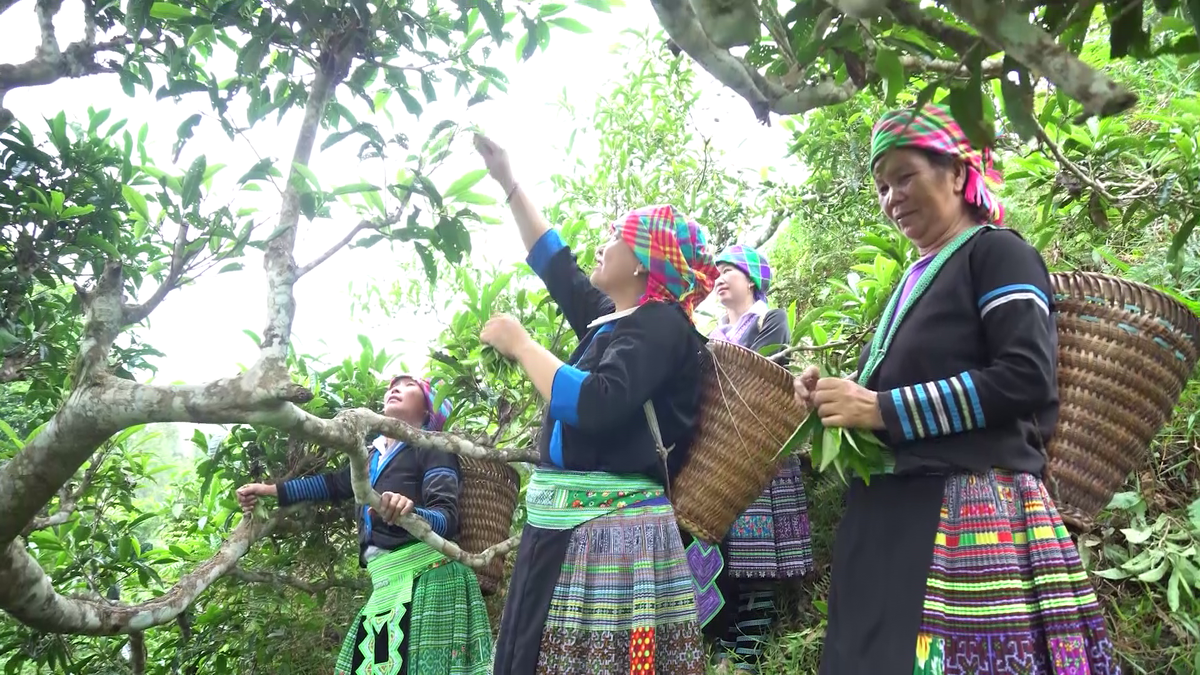
![[Photo] Secret Garden will appear in Nhan Dan Newspaper's Good Morning Vietnam 2025 project](https://vphoto.vietnam.vn/thumb/1200x675/vietnam/resource/IMAGE/2025/9/19/cec307f0cfdd4836b1b36954efe35a79)
![[Photo] Sea turtle midwives](https://vphoto.vietnam.vn/thumb/1200x675/vietnam/resource/IMAGE/2025/9/19/9547200fdcea40bca323e59652c1d07e)
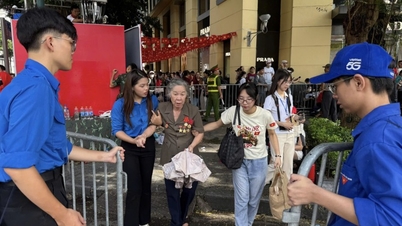






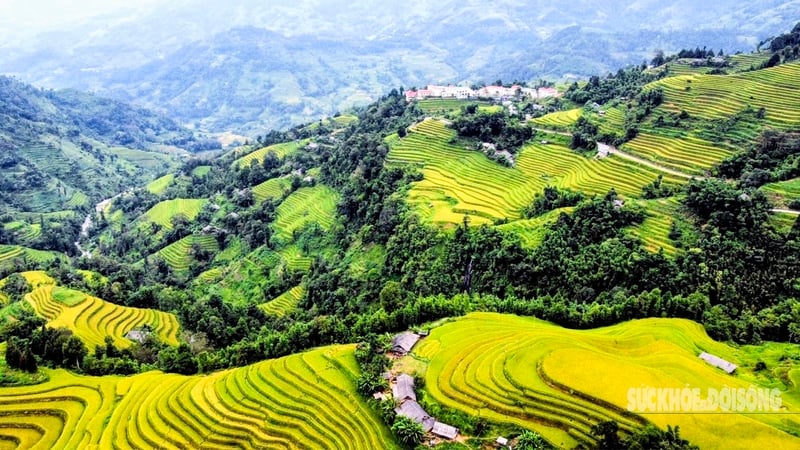



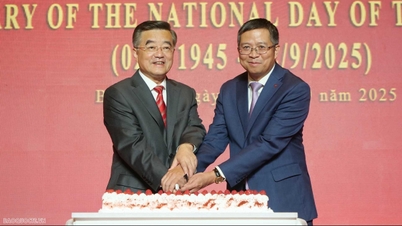



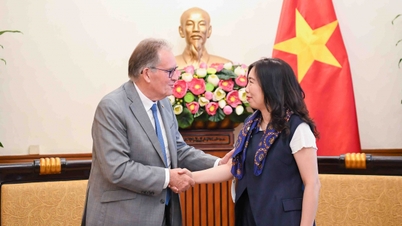












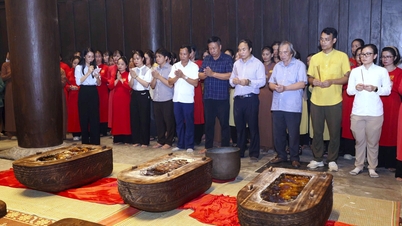














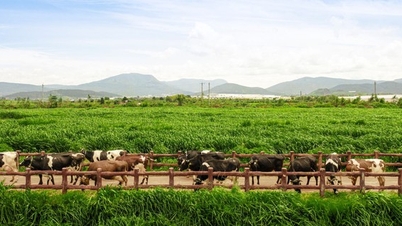







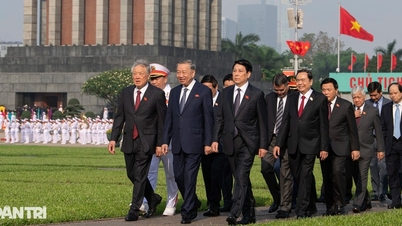







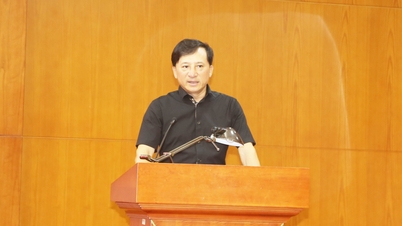



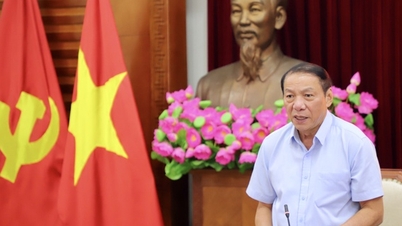
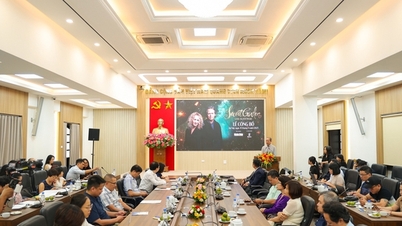
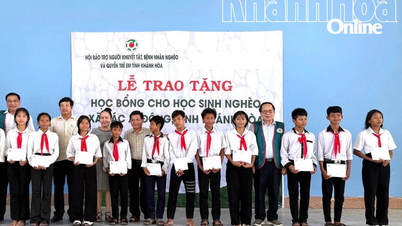




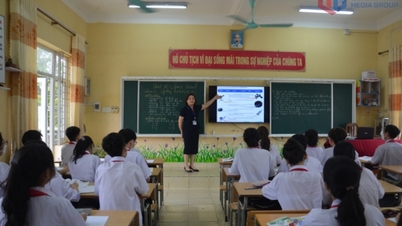
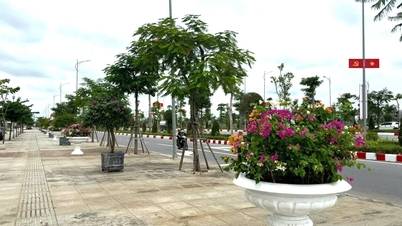



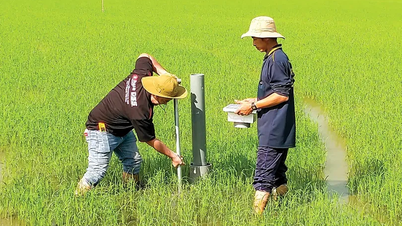










Comment (0)